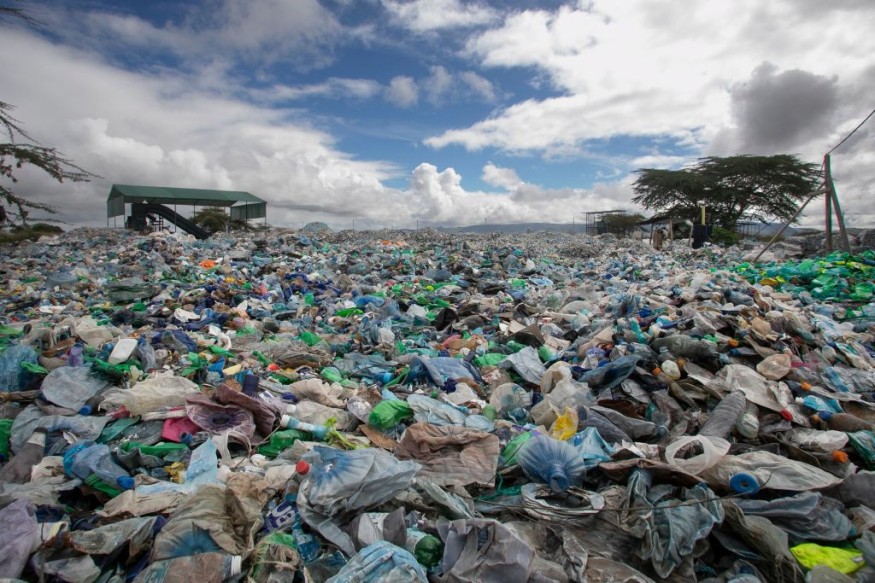Over 450 million tonnes of plastic are being manufactured, with increasing mismanaged plastic waste. Experts raised concerns about the slowed progress in the global plastic pollution treaty.
The massive production of plastic has been a significant environmental and societal problem. The increasing creation of plastic can affect people's health and ecosystems.
Debris of plastic and microplastics are found in animal's body and tissues. When a seabird eats a plastic shard, it can likely kill them or starve them to death.
Meanwhile, the overproduction of plastics can harm human health. In urban areas, plastic can block waterways and cause severe flooding. As a result, the mitigation of global plastic use is crucial to avoid devastating effects on cities and the environment.
Plastic Pollution Problem

The recent report urged for immediate efforts to develop policies addressing the problems of plastic pollution. Researchers explained the slowed progress in the global treaty.
The widespread use of plastic also accounts for the increasing plastic waste reaching about 22%. Alarmingly, the report highlighted that about 12 billion tonnes of waste plastic could reach by 2050.
The plastic on the seafloor can also affect the river beds, posing a harmful chemical effect on marine animals and the coral reef system.
With urgent efforts, the problems of plastic use can be exacerbated.
In addition, the researchers emphasized the importance of binding plans or targets in addressing plastic pollution. The significant reduction will benefit communities and the planet.
Effective plastic and waste management will also help to mitigate plastic production. Countries should develop environment-friendly recycling that could prevent the overmanufacturing of plastics.
Part of the concern is the usage of hazardous chemicals in the plastic use. The need for regulation in the treaty will help avoid entering the world's oceans or harming wildlife.
Plastic Pollution in the Great Lakes
In the Great Lakes, a recent report warned of the alarming microplastic in the region. An estimated 22 million pounds of plastics are reported to enter the Great Lakes every year.
In addition, 40 million people depend on clean drinking water in the Great Lakes. The contamination of plastic can affect people's health and animals.
In the analysis, the plastic waste in the Great Lakes comes from shipping vessels, human activities, watersheds and wastewater treatment. The report warned of long-term impacts of plastic pollution in the Great Lakes.
In the Missouri Cave, researchers also discovered the emergence of microplastic in a cave in Missouri despite it being closed to humans for about 30 years.
Researchers explained that flooding helped microplastics to enter the cave. Bats in the cave can be affected by microplastics.
Related Article : Microplastic Discovered in US Missouri Cave Despite Being Closed to Humans for 30 Years
For more similar stories, don't forget to follow Nature News.
© 2025 NatureWorldNews.com All rights reserved. Do not reproduce without permission.

